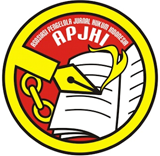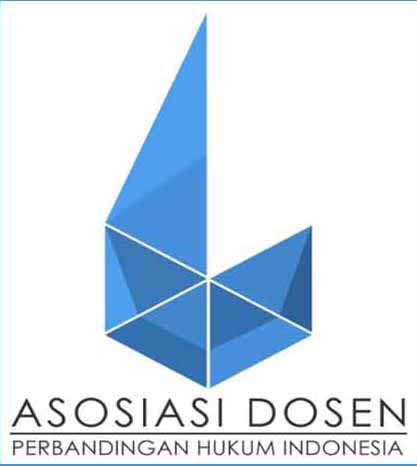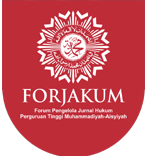SUMBER DAYA LAUT INDONESIA DALAM KANCAH MASYARAKAT EKONOMI ASEAN, ANTARA JEBAKAN REIFIKASI DAN DEEP ECOLOGY
Abstract
The sea area of Indonesia reached 5.8 million km2, with a cluster of more than 17,500 islands, promising a great resource in facing the ASEAN single market. A coastline of 81,000 km which is actually the second longest in the world after Canada, potentially, become a storefront variety of national products which are marketed around the world. But the single market proposed in Asean Economic Community (AEC), leaving homework, which is not simple in the ecological sector. The purpose of this writing is actually wanting to show challenges that must be faced when AEC creating a single ASEAN market. Based on the categorization of legal study analysis method, the method in use, including method of dogmatic research which developed legal studies as a dogmatic law (Rechtsdogmatiek). The results showed that, consciously or not, the Asean single market has brought a new myth called rationality efficiency of the commodity. Horkheimer and Adorno in their enlightment dialectic explained that in the field of economy, efficiency is the law of the market, substitutes all kinds of feudal and religious restrictions. Then rationality equated with efficiency. When this efficiency is applied in the dynamics of the capitalist economy, what happens next is the entire field of human life will become a commodity. Then came the so-called reification, that is when everything becomes a
commodity, people no longer feel enjoy but only for the sake of consumption without establishing social relations in the true sense. At this situation, the ecological damage becomes inevitable, even considered
reasonable as a price worth paying. Law, which in essence is the ethical conversation humans to produce justice, easily forgotten because of greed. In-depth perspective on the ecological (deep ecology), which essentially is in the interests of civilization, began excluded. But all such reification excesses can be avoided when the law still pursued progressively, so the law must arrive at the radicality demolition on law assumptions. The law is not only to check the fairness, but it should produce justice, even a new kind of justice, namely justice for the sake of future generations (intergeneration justice). It can be concluded that the ocean should not only being taken for its wealth resources in the trap of reification of the ASEAN single market, but also should be maintained, its preservation for the sake of our next generation in regard of deep ecology.
commodity, people no longer feel enjoy but only for the sake of consumption without establishing social relations in the true sense. At this situation, the ecological damage becomes inevitable, even considered
reasonable as a price worth paying. Law, which in essence is the ethical conversation humans to produce justice, easily forgotten because of greed. In-depth perspective on the ecological (deep ecology), which essentially is in the interests of civilization, began excluded. But all such reification excesses can be avoided when the law still pursued progressively, so the law must arrive at the radicality demolition on law assumptions. The law is not only to check the fairness, but it should produce justice, even a new kind of justice, namely justice for the sake of future generations (intergeneration justice). It can be concluded that the ocean should not only being taken for its wealth resources in the trap of reification of the ASEAN single market, but also should be maintained, its preservation for the sake of our next generation in regard of deep ecology.
Keywords
reification; deep ecology; marine resources
Full Text:
PDFDOI: https://doi.org/10.18196/jmh.v21i1.1164
Refbacks
- There are currently no refbacks.
Copyright (c) 2016 Jurnal Media Hukum
JMH Visitor






















